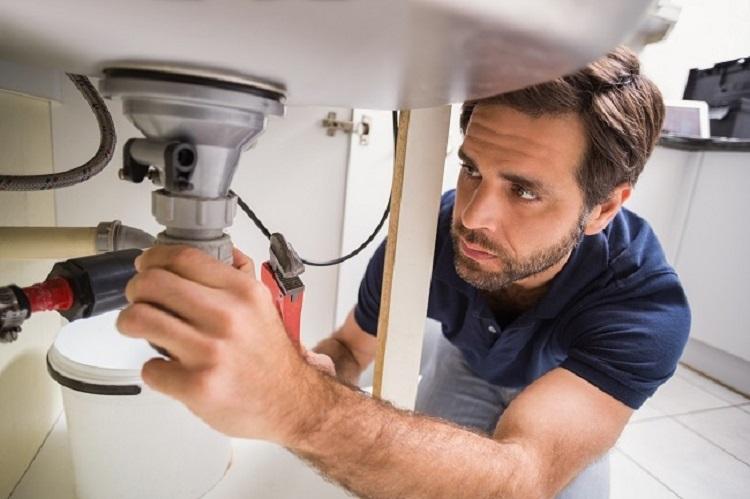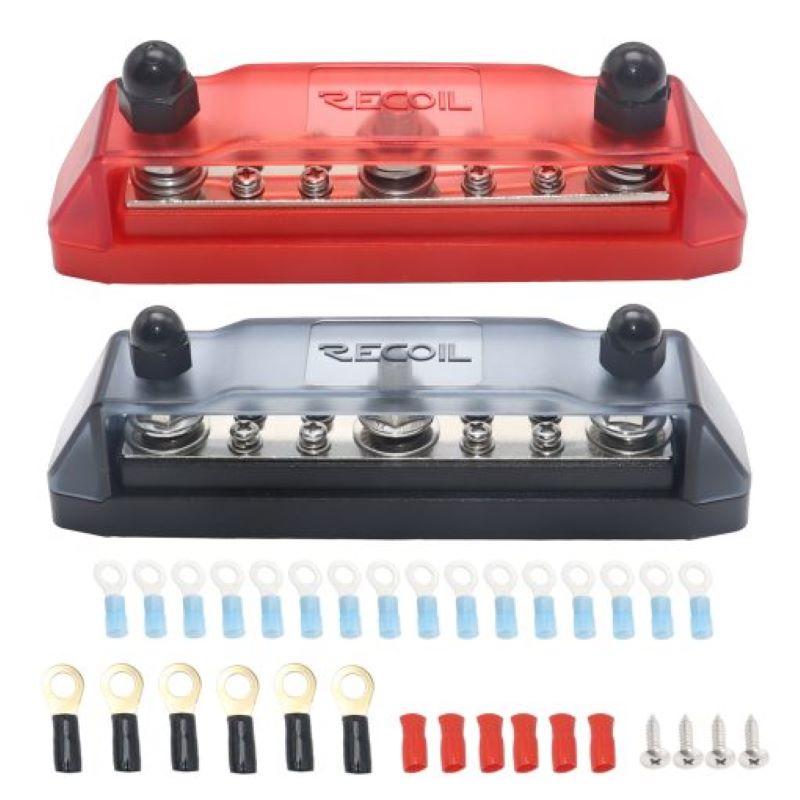Shining a light into the world of plumbing may not seem like the most gripping of topics, but consider this: without the art of plumbing, modern civilization would struggle to function. It plays a pivotal role in our everyday life, from the first-morning shower to the last load of laundry at night. The importance of plumbing is often under-recognized, but it stands as a cornerstone to home safety, health, and hygiene. For those considering a career path in this field or homeowners seeking insight into the profession, this plunge into the day-to-day life of a plumber will prove invaluable.
If you are a homeowner who likes to take a hands-on approach towards maintenance, or perhaps an aspiring plumber keen on entering a trade ship, understanding the essentials of the plumbing profession can stand you in good stead. This article strives to humanize the task of plumbers, spotlight their everyday challenges and achievements, and underline their importance to homeowners and modern society at large.
Who is a Plumber?
By definition, a plumber is a tradesperson who specializes in installing and maintaining systems for potable (drinking) water, sewage, and drainage in plumbing systems. Their role may seem straightforward, but a plumber is a problem-solving wizard. They have a broad array of capabilities and an intricate knowledge of the piping and drainage systems that exist behind the walls and beneath the floors of our homes and buildings.
A plumber’s services range from simple to complex, from installing new fixtures to diagnosing and repairing complex plumbing faults. Beyond these services, some plumbers may also offer specialized services such as gas fitting, roofing, or even mechanical services. With a solid understanding of what a plumber does, it becomes clear just how integral their role is in modern society.
Diving Into the Plumbing Career Path
Entering the plumbing career isn’t just about picking up a wrench and plunging into a job. It requires learning practical skills, gaining technical knowledge, acquiring evident competence, and earning relevant certifications. Typically, an aspiring plumber needs to acquire a high school diploma, followed by a technical education program, and then an extensive apprenticeship under guidance from experienced plumbers.
The plumbing industry places significant importance on technical education and hands-on learning. This is why apprenticeships play a pivotal role in a plumbing career. It’s during this period that novices get to learn the ropes, understand the intricacies of the trade, and get a first-hand experience of the daily tasks they’ll be handling. Certification also plays a vital role, with examinations often required to earn a state-specific plumbing license.
Daily Tasks of a Plumber
A plumber’s day is often filled with a variety of tasks. They might settle down at one location to install a new plumbing system or find themselves moving from place to place troubleshooting issues for different clients. Between the fixing of leaks, unclogging of drains, and sewer line inspections, a plumber’s job can be highly diverse and challenging.
In addition to the physical tasks, many plumbers also engage with clients, providing consultation services and cost estimates, interpreting blueprints, and ensuring plumbing works adhere to local and national regulations. The intricacies of these routine tasks underscore the essential role plumbers play, not just in fixing problems, but also in building and maintaining our homes and offices.
Importance of Customer Service
The importance of customer service cannot be overstated in the plumbing profession. Each day, plumbers interface with customers, displaying technical expertise, honesty, and professionalism. A plumber must communicate effectively, diagnose issues promptly, provide insightful suggestions, and deliver top-quality work. These customer-facing tasks go far beyond the physical aspects of the job and contribute significantly to a plumber’s reputation and livelihood.
Additionally, plumbers often must deal with clients who might be upset, distressed, or even panicking – think of a homeowner witnessing a flooded bathroom in the middle of the night. In such scenarios, the ability to provide reassurances, handle the situation calmly, resolve the issues efficiently, and provide preventive measures for the future all form part of the high-quality customer service a good plumber will deliver.
The Creative Side of Plumbing
While many might not link creativity with plumbing, it is a trade that requires constant problem-solving skills and innovative thinking. Each job presents a unique scenario, requiring plumbers to deploy creative solutions that adhere to regulations while meeting customer requirements – all within a specified budget.
Whether it’s innovative routing pipes to minimize disruption to household activities, finding resourceful solutions to stop a tricky leak, or designing sustainable and energy-efficient plumbing systems – creativity in the plumbing profession is about problem-solving efficiently and cost-effectively.
Challenges and Plumbing Rewards
Plumbing is both challenging and rewarding—a veritable toolbox of life skills. Some of the common challenges include tight work schedules, physical demands of the job, and staying up to date with evolving codes, regulations, and technical knowledge. On the flip side, navigation through these challenges leads to strong problem-solving abilities, increased resilience, and a deep sense of satisfaction at problem resolution.
Aside from the job satisfaction, the plumbing profession offers noteworthy financial rewards, as skilled tradespeople are increasingly in demand. Moreover, the importance of plumbing to society is hard to dismiss. Every time a plumber installs a sanitation facility in a region without one, they’re directly contributing to improved public health. Undoubtedly, the pros far exceed the challenges, reinforcing the value that a career in plumbing offers those brave enough to take the plunge.
Conclusion
A closer look at the life and work of a plumber reveals a career that’s both challenging and rewarding, one that holds immense significance for modern society. Their dedication and expertise ensure the smooth operation of our homes and workplaces and preserve living standards that many of us take for granted. This, therefore, underlines the importance of acknowledging their roles, respecting their skills, and understanding their day-to-day tasks for better home maintenance.





